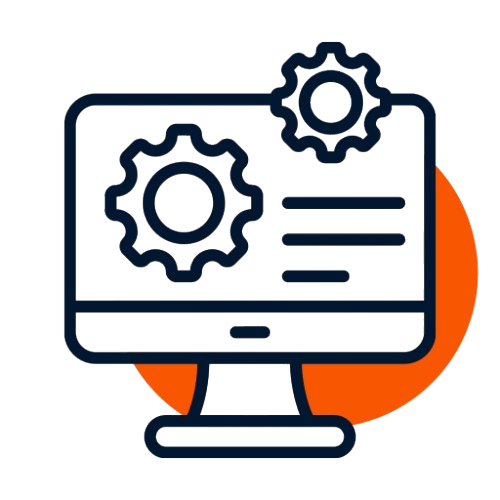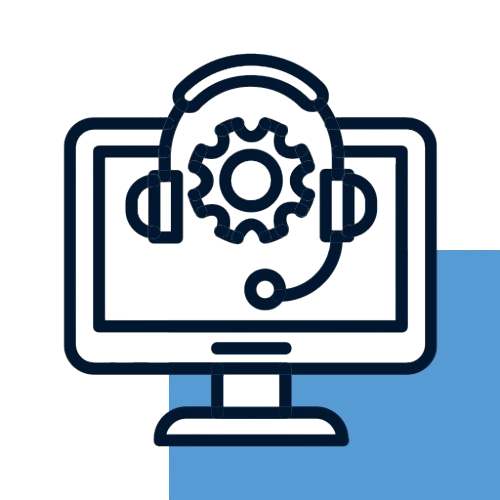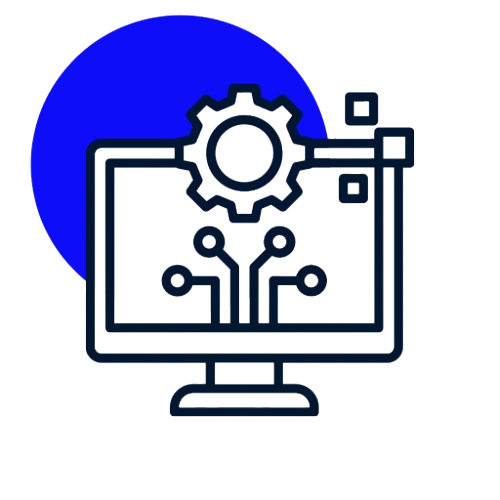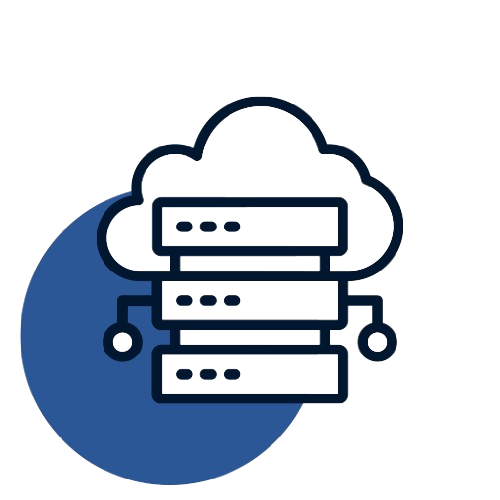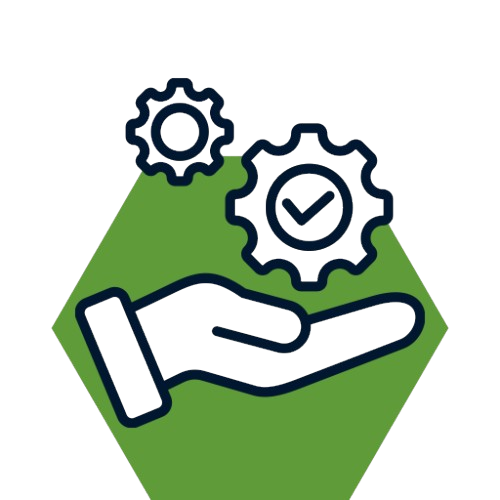Transform Your
Business Processes with
Digital Transformation!
Transform your manual workflows into AI-powered applications through digital transformation — turn today’s ideas into tomorrow’s reality without delay!



Digital Transformation is Faster, Simpler, and More Flexible with Cheetah
Design – Drag & Drop
Create prototypes effortlessly with the platform’s intuitive drag-and-drop interface — no technical expertise required.
Test & Customize
Leverage AI and machine learning-powered infrastructure to automatically build workflows tailored to your organization’s needs.
Go Live & Monitor
Deploy your processes quickly and gain real-time feedback with integrated monitoring and reporting.

Cheetah Low - Code Products
SaaS Products
Why SPIDYA is a Strategic Business Partner?
Speed &
Efficiency
Error
Reduction
Rapid
Action
Collaboration
& Coordination
Cost
Optimization
Flexible
Operations
Tailored
Process Design
Strategic Difference
Low-Code + AI Hybrid Architecture
Reduces code dependency while streamlining processes with AI support.
Modular and Flexible Architecture
Integrates with your organization's existing infrastructure and scales as you grow.
Built-in Security & Compliance
Ready for regulations with data protection standards.
Fast Product Delivery
Reduces development time by up to 60%.
Collaboration with Developer Teams
Provides software teams with easy access to a highly efficient development environment.
Advantages It Offers to Businesses
Customized Digitalization for Organizational Processes
Digitize your custom workflows without being constrained by standard products.
Interdepartmental Bridge
Increase collaboration and coordination to deliver operational efficiency.
Regulation-Compliant Solutions
Have an infrastructure ready for industry requirements.
Speed for Competitive Advantage
Manage business unit needs instantly through a customized digital platform, independent of the software team's schedule.
24/7 Technical Team Support
Digital Transformation Posts
From IT to the field, discover the end-to-end monitoring and seamless control solutions you need—straight from our team!
Frequently Asked Questions
When Do Organizations Need a Low-Code Approach?
How Are Business Processes Digitalized with Low-Code?
What is Process Digitalization?
How Are Business Applications Developed with Low-Code?
What Are the Differences Between Low-Code and No-Code Approaches?
Low-code platforms enable the development of complex business applications with minimal coding knowledge, whereas no-code platforms allow the creation of simpler, more limited applications entirely through visual interfaces without any coding.Low-code is often preferred for enterprise integrations, process automation, and scalable projects, while no-code is more suitable for quick prototypes, small workflows, or meeting the needs of non-technical users. In short, low-code offers flexibility and enterprise scalability, while no-code focuses on ease of use and speed.

